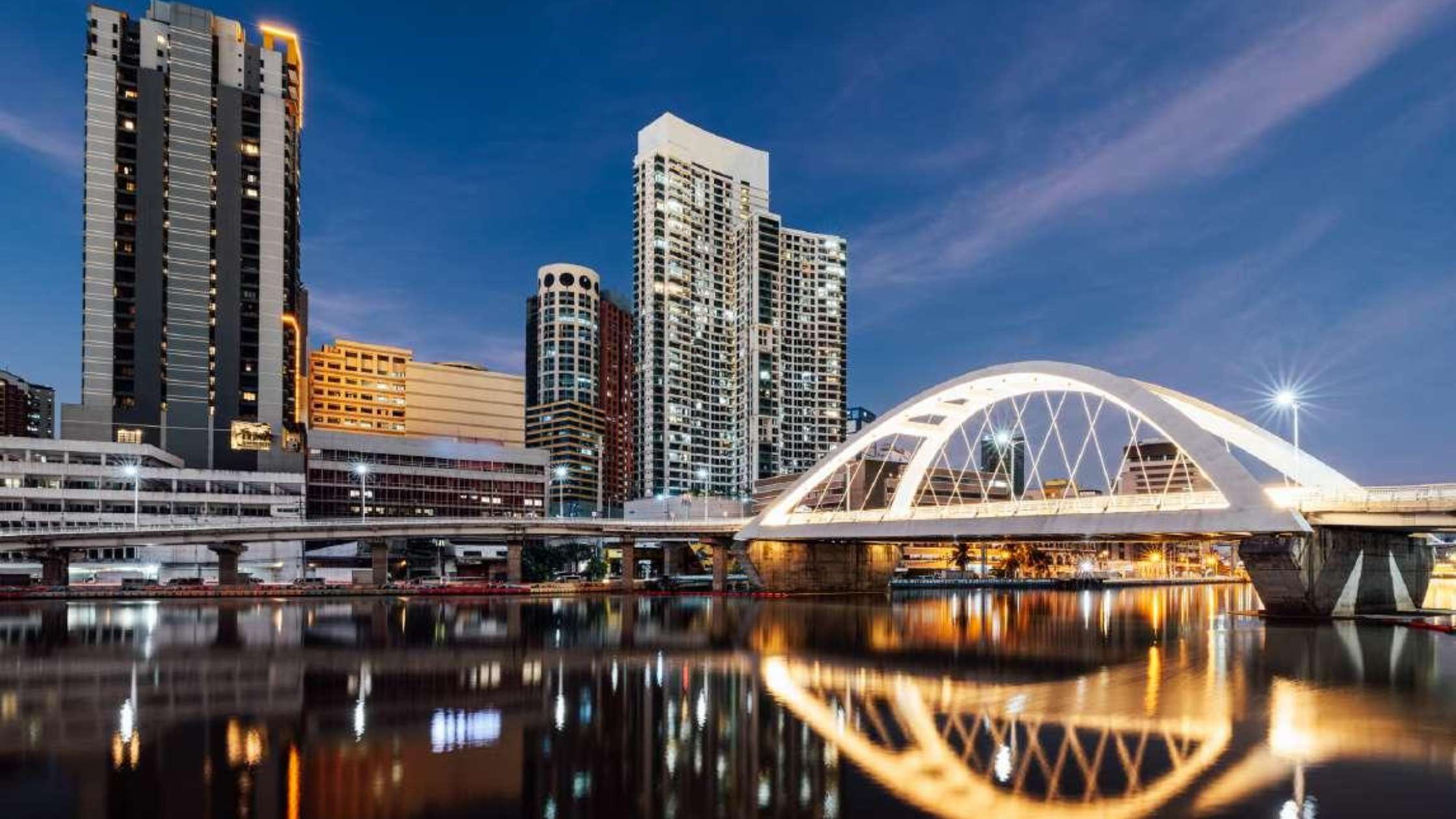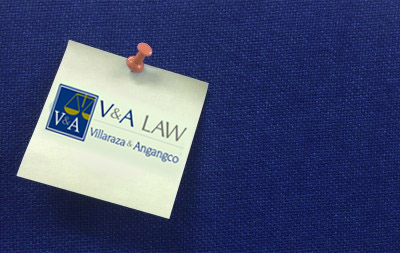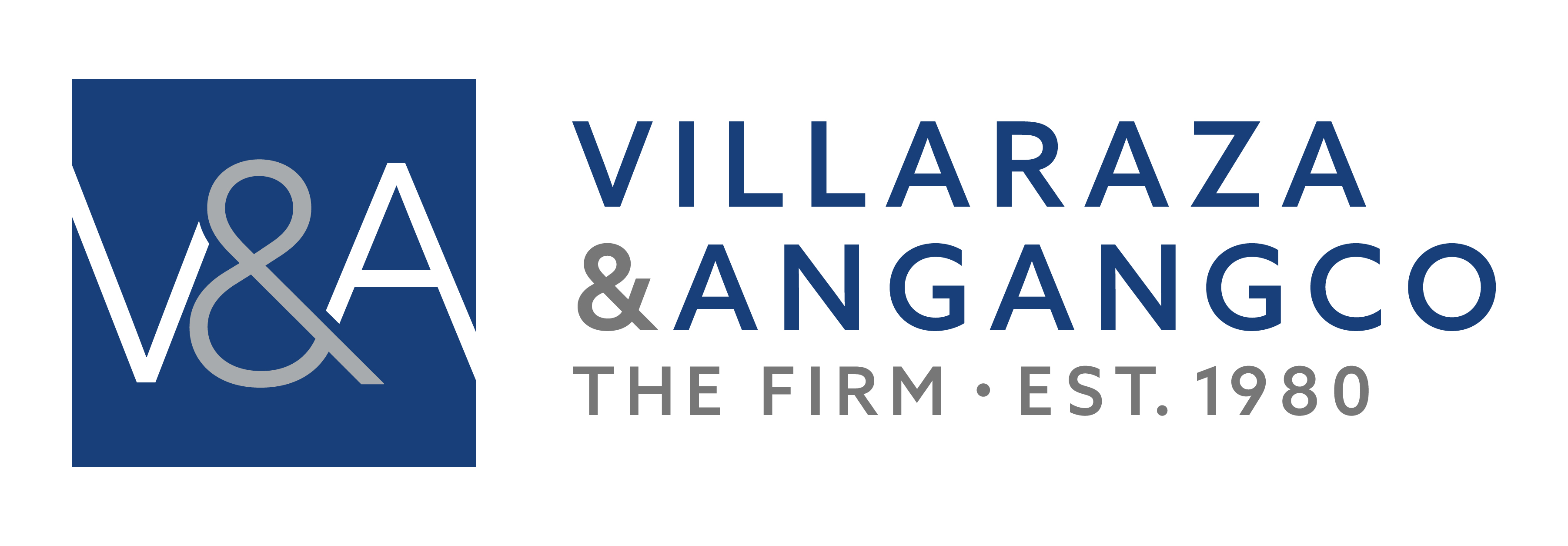Brief background of PPPs in the Philippines
As early as 1990, the Philippine has recognized the significant role and contribution of the private sector in delivering basic government services to be more accessible to the public. To maximize the untapped potential of public-private partnerships (“PPP”), the Philippine Congress enacted Republic Act No. 6957 or “An Act Authorizing the Financing, Construction, Operation and Maintenance of Infrastructure Projects by the Private Sector, and for Other Purposes.” Said law enumerated the possible contractual arrangements between the public and private sector for the implementation of government projects such as build-operate-and-transfer, build-and-transfer, build-own-and-operate, build-lease-and-transfer, contract-add-and-operate, develop-operate-and-transfer, rehabilitation-operate-and-transfer, rehabilitation-own-and-operate. Based on a report produced by the Asian Development Bank dated December 2020, from 1990 to 2019, around 116 PPP projects have achieved financial closure, covering a variety of sectors such as airports, electricity, information and communications technology, ports, railways, roads, and water and sewerage. Additionally, total amount of investments made during the same period is approximately $43.95 billion.
During the effectivity of Republic Act No. 6957, several amendments were introduced, and rules and regulations were passed to ensure unified and proper implementation of the law. Under the Revised Implementing Rules and Regulations (“IRR”) of Republic Act No. 6957, local government units were given liberty to formulate additional guidelines or procedures for their own projects that are not in conflict with the law. Thus, in its efforts to centralize and consolidate the various rules governing PPP projects, the Philippine Congress passed Republic Act No. 11966 or the “Public-Private Partnership Code of the Philippines” (“PPP Code”). The PPP Code covers “… all contractual arrangement between an Implementing Agency and a Private Partner to finance, design, construct, operate, and maintain, or any combination or variation thereof, infrastructure or development projects and services which are typically provided by the public sector, where each party shares in the associated risks.” The PPP Code was approved on 05 December 2023 and published in the Daily Tribune on 08 December 2023; thus, the PPP Code became effective on 23 December 2023 (“Effectivity Date”).
Notable changes under the PPP Code
Unlike the older Republic Act No. 6597, the new PPP Code expressly extends its coverage to include joint ventures (“JV”), toll operation agreements or contractual arrangements involving construction, operation, and maintenance of toll facilities, lease agreements providing rehabilitation, operation, and/or maintenance by a Private Partner of an existing land or facility owned by the government for a period of more than one year, lease agreements that are considered part of the PPP projects, and other contractual arrangements possessing the characteristics of a PPP. The PPP Code, however, does not apply to infrastructure projects undertaken under Republic Act No. 9184 or the “Government Procurement Reform Act”, management contracts, service contracts, divestments or dispositions, corporatization, incorporation of subsidiaries with private sector equity, onerous donations, gratuitous donations and JV agreements involving purely commercial arrangements that do not include public infrastructure or development service.
The PPP Code has also introduced changes in the approval requirements of PPP projects. Formerly, national projects costing up to PhP300,000.00 required approval of the Investment Coordination Committee (“ICC”) of the National Economic and Development Authority (“NEDA”) while those costing more than PhP300,000,000.00 had to be approved by the NEDA Board. For local projects, the municipal development council had to approve projects costing up to PhP20,000,000.00; city municipal development council for those projects costing up to PhP50,000,000.00; regional development council for those projects costing above PhP50,000,000.00 up to PhP200,000,000.00; and finally, ICC of the NEDA for projects costing above PhP200,000,000.00. Under the PPP Code, national projects costing PhP15,000,000,000.00 and above shall be approved by the NEDA Board, as a general rule, while those projects below PhP15,000,000,000.00 must be approved by the Head of the Implementing Agency (“IA”). Meanwhile, local projects shall be approved by the respective local Sanggunians and confirmed by the respective local development councils in case of local government units, or by the boards in the case of local universities and colleges.
The PPP Code added requirements for unsolicited proposals. For instance, unsolicited proposals are required to be submitted to the PPP Center for determination of completeness and determination of the Approving Body. If determined to be complete, the same shall be endorsed by the PPP Center to the appropriate IA. The project shall be deemed approved upon failure of the IA to act on the unsolicited proposal within 90 days after the end of the detailed evaluation period. The PPP Code further added general restrictions on government undertakings involving unsolicited proposals such as Viability Gap Funding and other forms of subsidy, payment of right-of-way related costs, performance undertaking, additional exemptions from any tax other than those provided by law, guarantee on demand, guarantee on loan repayment, guarantee on private sector return, government equity, and contribution of assets, properties, and rights. Government equity and contribution of assets, in particular, have been restricted to JV arrangements.
Finally, the PPP Code has added mandatory inclusions to PPP contracts such as (a) a period within which Financial Close shall be achieved by the Private Partner; (b) government contributions must not exceed 50% of the project cost in case of a contractual JV or more than 50% of the outstanding capital stock for an incorporated JV; (c) adoption of contract management and risk mitigation plans; (d) remedies in case of breach; (e) transfer of technology required for the operation of the PPP project; and (f) warranties that the PPP project meets the project technical specifications, agreed system features, and performance standards and services for a certain period after the transfer of the PPP project. While some of these were included in the previous Republic Act No. 6597, the new PPP Code has brought to the forefront the intention to provide as much protection to the Philippine government in PPP contracts.
Transitory provision
Recognizing that there are existing and pending PPP projects that have yet to be fully implemented, the PPP Code contains transitory clauses to aid the stakeholders in determining the governing law while the implementing rules and regulations of the PPP Code are being drafted. For existing PPP contracts, the same shall be governed primarily by the agreement between the parties, with the PPP Code being applied suppletorily insofar as it does not infringe upon established rights and obligations. If the PPP project already has a notice of award but no executed contract at the Effectivity Date, the PPP Code shall also govern as long as it does not infringe upon established rights and obligations. PPP projects that are either pending approval or have been approved but the bidding or the comparative challenge has not yet commenced, shall be governed by the PPP Code except those that govern project approval. Finally, those unsolicited proposals which have been granted Original Proponent Status (“OPS”), but pending approval prior the Effectivity Date shall have the option to proceed with the approval process or resubmit their proposals to the appropriate Approving Body.
Seeking to further implement the transitory clause of the PPP Code, the Public-Private Partnership Governing Board (“PPPGB”) issued Resolution No. 2023-12-02 (“Interim PPP Code Guidelines”). Notably, the PPP Code provides that the grant of OPS shall only be valid for a period not exceeding one year from conferment. Reconciling with the old law, the Interim PPP Code Guidelines provides that OPS granted before the Effectivity Date shall remain valid unless revoked by the IA while those OPS granted after 23 December 2023 shall have a one-year validity period reckoned from the date it was granted. The Interim PPP Code Guidelines also waived the reasonable rate of return (“RROR”) provision required to be reflected in the PPP contracts until the IRR Committee has promulgated the mechanisms for approving the RROR and the IRR becomes effective.
Lingering issues on application
While the PPPGB’s resolve to address any ambiguity in the application and interpretation of the PPP Code by issuing the Interim PPP Code Guidelines is laudable, there remain outstanding issues on the PPP Code’s implementation that may continue to hound law practitioners until the IRR becomes effective.
Following Section 37 of the PPP Code, Rule 6 of the Interim PPP Code Guidelines provides that local PPP and JV codes or ordinances that are inconsistent or contrary with the PPP Code are deemed inoperable. With this adopted provision, the PPGB seemed to have departed from the legal principle that “[a] general law does not nullify a special law.” Given that the local PPP codes’ applicability is limited specifically to the territorial jurisdiction of the issuing local government unit, the practice was that the local PPP Code would override the PPP Code, which is a general law. With the issuance of the Interim PPP Code Guidelines, the legislature’s intention to supersede provisions of the local PPP and JV code was made more apparent and in contradiction to legal principle.
Interestingly, the senate bill version of the PPP Code invalidated all other JV guidelines, PPP guidelines, codes, or ordinances, which could have avoided the necessity of reconciling the provisions of existing local PPP and JV codes with the existing PPP Code and its IRR. However, given that the Philippine Congress has decided to retain the effectivity of the old codes, guidelines or ordinances, stakeholders must remain mindful of the local PPP and JV codes that were passed before the PPP Code.
An additional point for clarification is the negotiation period of unsolicited proposals. Under Section 10(3) of the PPP Code, the IA and the Private Proponent shall negotiate the PPP project within a period of not exceeding 150 calendar days (“Negotiation Period”). However, the PPP Code is seemingly silent as to when the Negotiation Period shall start and whether the same is extendible. Affected parties are left to second-guess whether the Negotiation Period has started on the Effectivity Date, when negotiations had actually begun (which may even be even longer than 150 calendar days prior to the Effectivity Date, or if such provision applies at all given that the enforcement of the Negotiation Period presupposes that the negotiation was made “… with the assistance of the PPP Center, pursuant to the guidelines to be issued by the PPP Governing Board”, or simply stated, that the Negotiation Period has not commenced because of the lack of said guidelines by the PPP Governing Board.
Conclusion
Regardless of potential issues possibly affecting the implementation of the PPP Code, stakeholders are hopeful that before these practical concerns will be raised to the IRR Committee and resolved upon the issuance of the IRR, which is expected to be released sometime in March this year. Unfortunately, the only recourse of practitioners currently is to seek informal confirmation with the PPP Center to have a level of security that signed PPP Projects and ongoing PPP Projects in various stages are valid and fully compliant with the PPP Code and the Interim PPP Code Guidelines.

Mark Benjamin C. Yam is a Partner of the Corporate and Commercial Law Department of Villaraza & Angangco. Mark currently heads the Special Projects, Government Contracts and Policy, Real Estate and Construction, and Immigration practice groups of Villaraza & Angangaco. He also advises on mergers and acquisitions and assists multiple clients across various legal fields.

Fritz Julius V. Casama is Senior Associate of the Corporate and Commercial Law Department of Villaraza & Angangco. Fritz primarily assists in Taxation, Special Projects, Government Contracts and Policy, Real Estate, Energy, Merger and Acquisition practice groups of Villaraza & Angangco.
For inquiries on matters related to Philippine law, please contact mc.yam@thefirmva.com or info@thefirmva.com.



























 Villaraza & Angangco Law
Villaraza & Angangco Law Kristin Charisse C. Siao
Kristin Charisse C. Siao Ma. Carla P. Mapalo
Ma. Carla P. Mapalo Richard Henrick I. Beltran
Richard Henrick I. Beltran





